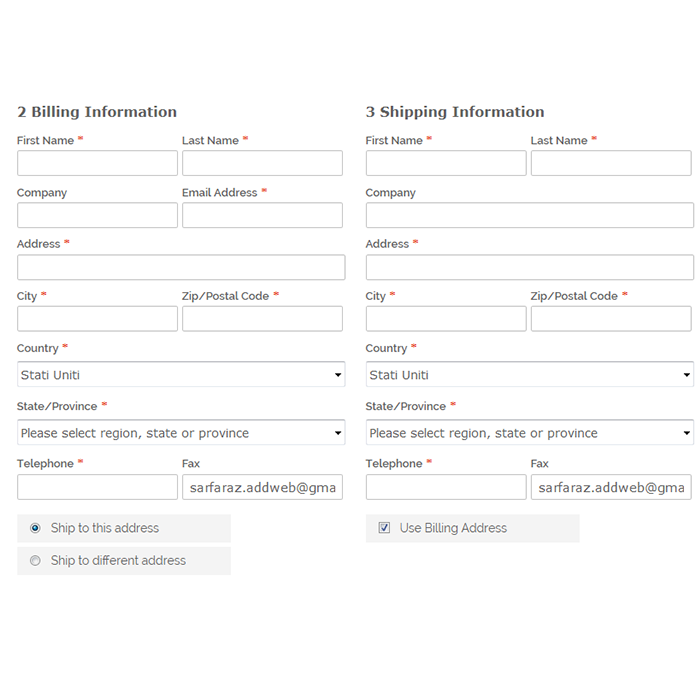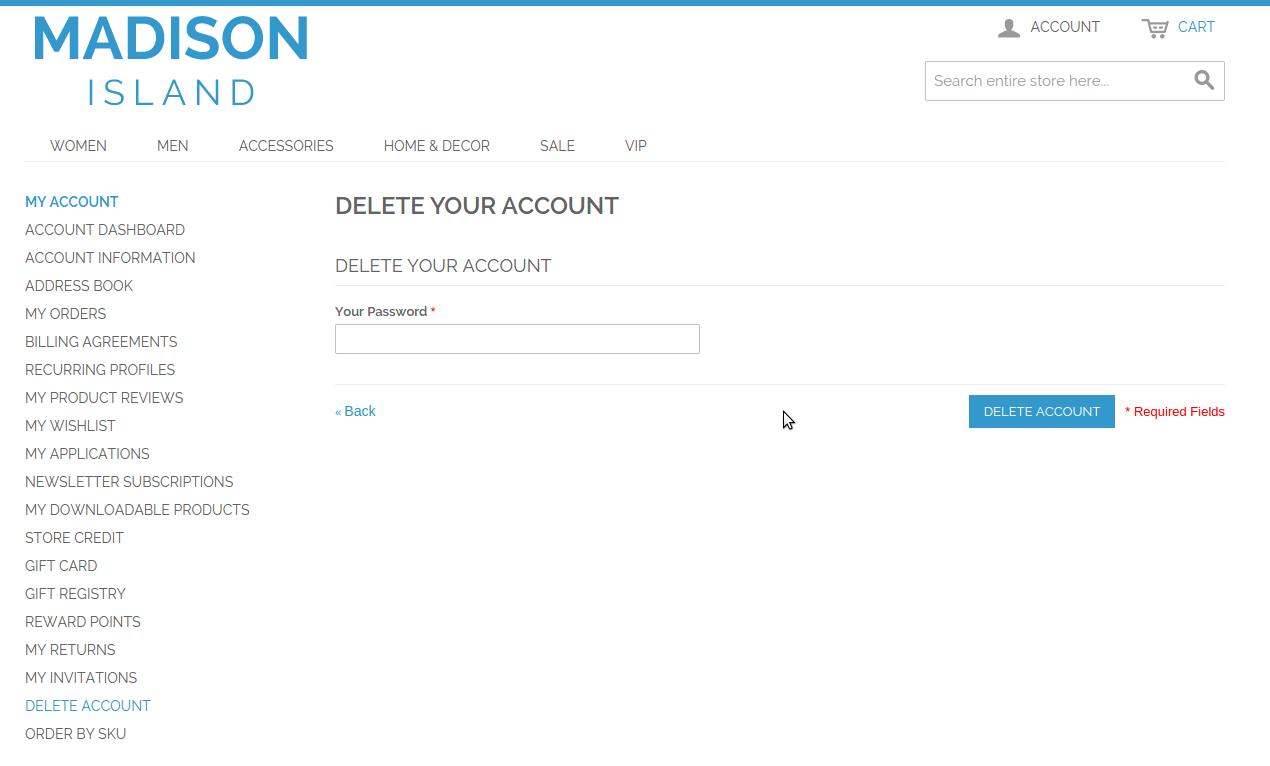Today we are releasing version 2.0 of the Fontis Composer Autoloader extension for Magento, which is designed to let you use any Composer dependency within Magento. This release includes changes so that you no longer need to fire an extra event to use it for code that doesn't run during a normal Magento web request, such as a shell script.
These changes make the extension more generally applicable and mean developers no longer need to worry about whether Composer dependencies will be loaded differently based on environment. The way in which we've implemented this extension also means there is no need to patch or modify core files.
Read MoreFontis Composer Repository Launch
by Chris Norton in Announcements
PHP and Magento development has matured in the past few years. One of the biggest advances has been the widespread adoption of Composer, which has established itself as a de facto standard for the management of PHP packages and libraries. Though Composer doesn't immediately lend itself to the management of Magento extensions, the Magento developer community quickly realised the value of doing so and worked together to release the impressive magento-composer-installer. This adds support for managing Magento extensions with Composer, which can make the process of managing versions and dependencies in a Magento installation much easier.
Read MoreUsing AWS DynamoDB for Magento session storage
by Peter Spiller in Magento
DynamoDB is a NoSQL database service provided by Amazon, offering features like easy scalability, high availability and data durability. These properties make it well suited to being used as a Magento session storage engine. The AWS PHP SDK already includes a PHP session handler, so in theory it should be a simple matter of including the SDK and configuring Magento to use it. In practice, it wasn't quite this straightforward.
Read MoreMagento Extension Roundup - July 2015
by Ron Carr in Magento Extension Reviews
Welcome to the fifth instalment of our monthly free Magento extension round-up, where we quickly review some of the more notable free extensions which were released on Magento Connect and GitHub in the past month.
One Step Checkout by AddWeb Solution

Magento's standard onepage checkout groups fields into a series of steps which the customer needs to complete before proceeding on to the next step, and being shown the next group of fields. This means that potential customers can't see what information they'll need to fill out ahead of time, and aren't aware exactly how far through the checkout process they really are.
Read MoreCLI image resize memory limit errors
by Andrew Rollason in Magento
Magento will automatically resize product images based on dimensions specified in templates so that customers aren't downloading large source images when all they need is a small thumbnail. However, we've discovered an issue with recent versions of Magento which will sometimes cause a "Memory Limit has been reached" error when attempting to resize images through a PHP command line script.
This issue was introduced in Magento CE 1.8.0.0 and EE 1.13.0.0 versions, and will normally only occur with code that is run from the CLI. The default PHP CLI memory limit is often set to -1 so that there is no memory limit applied. Reviewing the relevant code we found that Magento was using the following method to determine if it had enough memory to resize images:
Read MoreMagento Extension Roundup - June 2015
by Paul Hoang in Magento Extension Reviews
Welcome to the fourth instalment of our monthly free Magento extension round-up, where we quickly review some of the more notable free extensions which were released on Magento Connect and GitHub in the past month.
Customer-SelfDelete by Veriteworks Inc.

This extension allows registered customers to:
- Delete their account.
- Cancel their unpaid order.
Normally, when a customer wants to delete their account, they would need to contact custom service so that they can action the request from the Admin Panel. With this extension, logged in customers are provided with a self-service means of deleting their account from within the customer account interface. As a precaution, they will need to provide their password prior to account deletion.
Read MoreMageAudit Updated with Report History
by Chris Norton in Announcements
Our popular Magento auditing tool, MageAudit, has been updated to collect your reports together for easy historical reference, while we've also added a number of other features requested by our customers, including the option to purchase multiple credits at a discounted rate.
Updated Features
Previously, audit reports were isolated and could only be viewed by using the unique URL sent in confirmation emails. Though these URLs were randomised and measures were in place to lock reports where unusual access patterns were detected, given the sensitive nature of report contents we have made the decision to require authentication. Now, all audits are listed in your customer account, giving you one place to log in to and see any past audits, including their report grade.
Read MoreMagento Enterprise 1.14.2.0 Release
by Matthew Gamble in Announcements
April saw the release of the latest version of Magento Enterprise Edition (1.14.2.0), bringing in the usual assortment of new features and bug fixes. While we wait for the corresponding release of Community Edition 1.9.2.0 (1.9.1.1 is basically 1.9.1.0 with the patch for SUPEE-5344 applied), we've put together some notes on the release based on a quick look through the changes.
With each new release, we first review the release notes for a summary of the changes, and these have improved a great deal in more recent releases. However, there are still points that would benefit from further explanation, such as:
Read MoreAustralia 3.1.0 released
by Chris Norton in Announcements
We are pleased to announce the release of version 3.1.0 of the Fontis Australia extension. This new version includes:
- Now allows for custom charge codes when importing rates, for merchants who don't use one of the standard eParcel codes. If enabled, the charge code will no longer be validated against the standard list and accept any codes sudmitted.
- Fixes checkout autocomplete JavaScript to send country codes correctly when multiple countries are available.
- Update the Australia Post tracking website URL.
- Fix issues with admin routes arising due to SUPEE-5344 patch.
Thanks to Aligent and Ben Corlett for contributing these changes.
Read MoreFeeds Generator 1.4.0 released
by Chris Norton in Announcements
We are pleased to announce the release of version 1.4.0 of our Feeds Generator extension, which brings numerous fixes to the Google Shopping products feed generation and some other minor improvements.
Included in this release are the following changes:
- The Google feed will only set a configurable product as a variant if it varies by one of the official attributes - color, size, material or pattern. This avoids problems with Google rejecting products from the feed that don't use one of these attributes.
- A configuration option has been added to the admin panel to make it easy to disable generating the feeds as part of the Magento cron run. This is useful if you want to generate the feeds as part of your own system cron jobs, without needing to manually remove the corresponding cron entries from the extension's config.xml file. Since the feed generation can take a while for larger catalogs, it's often preferrable to run it on its own outside of Magento, which gives you greater control over when and how the feeds are updated.
- When checking for valid image URLs in the Google feed the extension now accepts HTTPS in addition to HTTP. Previously the URL would be incorrectly rejected and rewritten to a path which would result in a 404.
You can download and install the new release now from our GitHub repository or by adding the Feeds Generator extension to your account on our website.
Read More